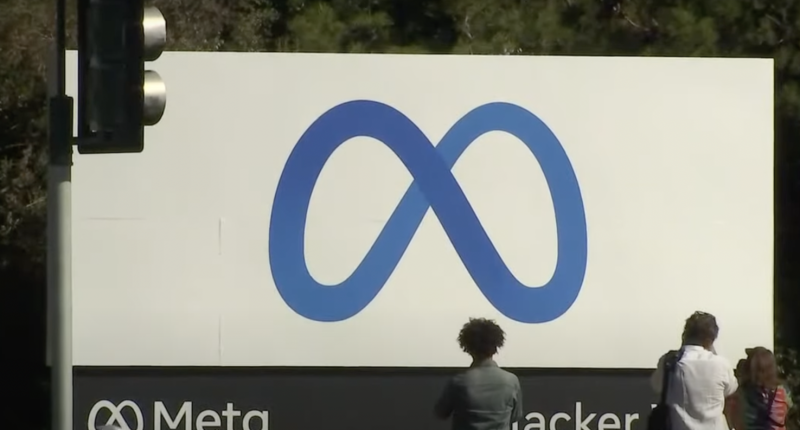OpenAI-s GPT-4, has by far been, the most advanced and popular of the flurry of large language models in the AI sector. And while several of the biggest names in tech have started rolling out their own versions and advancements in the field of LLMs — IBM being the latest — GPT-4 remains kind of a clear winner. Social media giant Meta though, is looking to overturn that, as it has reportedly started working an LLM model that could rival GPT-4 and will be fairly advanced compared with its own Llama models.
According to a report by The Wall Street Journal, which cited people familiar with the development, the parent company of Instagram, WhatsApp and Facebook aims to create an AI model that can match or even surpass the capabilities of OpenAI’s GPT-4, which was launched in March and is at the forefront of AI development. The company intends to achieve this feat and make the new model by several times more powerful than its newest AI model – the Llama 2 – which was unveiled just two months prior to this news.
From the looks of it, the company is looking to have the new AI model ready by next year, which will enable it to start training from early 2024. While Meta previously collaborated with Microsoft to make Llama 2 available on Microsoft’s Azure cloud platform, it intends to take a different approach with the new model. Meta plans to train this AI system using its own infrastructure, which involves building data centers and acquiring advanced AI training chips, particularly Nvidia’s H100s.
OpenAI’s GPT-4 LLM has already gained significant attention and laid down the foundation for lucrative services like ChatGPT Enterprise (bringing a version of the chatbot specifically for the corporate sector). Google has also entered the fray with its Bard chatbot, while tech giant Apple is working on similar AI offerings as competition in the generative AI domain has reached unprecedented levels since the launch of ChatGPT.
From the looks of it, Meta is leaving no stone unturned in its pursuit of AI supremacy. To expedite the development of its newest AI model, Meta has already formed a dedicated team early in the year, led by Meta CEO Mark Zuckerberg. The team’s focus is on generative AI tools that can produce human-like expressions and conversation, which forms the bedrock of generative AI. The new AI model that Meta is working on is not just for internal use; it is designed to empower other companies as well. Meta envisions this AI system as a tool that other businesses can use to develop advanced services capable of generating sophisticated text, analysis, and other types of output.
And if this is not enough, Mark Zuckerberg is advocating for the new AI model, like Meta’s previous AI offerings, to be open-sourced. For those who are unaware, this means that the AI model would be freely available for other companies to use in developing AI-powered tools and services. This will be useful in furthering Meta’s AI ambitions, especially since it comes at a time when effective generative AI tools are in demand by businesses and firms, and the likes of Microsoft, Google, and others have brought rapid advances to the AI sector.
The Tech Portal is published by Blue Box Media Private Limited. Our investors have no influence over our reporting. Read our full Ownership and Funding Disclosure →





